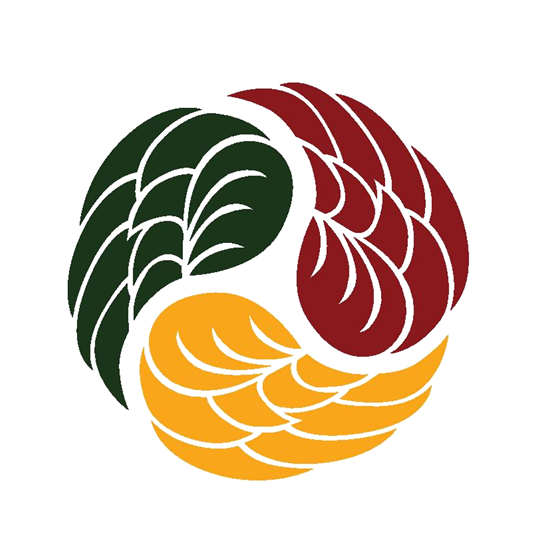Are You A Follower, Supporter, or Activist On Social Media?
“It's not who you are that holds you back, it's who you think you're not.”
― Barbara Walters
Have you ever come across a kind of hierarchical comparison where people try to see how “legitimate” you are when seeing how passionate, dedicated, and serious you are about causes? If so, how do you feel about yourself, short of knowing what the hierarchy may or may be? How do you judge others by how you might perceive them to fall under?
Regardless, whether there is a hierarchy of dedication and legitimacy or not, it doesn’t matter! The only thing that matters here is sincerity, and no one can be the judge of your sincerity but you, which in turn reflects in your actions–the only thing that they can comment on.
Here’s a quick description of three types we commonly see specifically on social media:
Follower: You’ve liked a page, follow a few individuals and causes, like and share videos or posts with people. Enough to be informed, passively at least, but not a lot of time or great attention invested, and no money contributed.
Supporter: You do all of the above and you donate regularly or occasionally, talk about your interests with friends, family, colleagues, dates, and anyone who may seem interested, and remain up to date.
Activist: Not only do you do all of the above, you also may volunteer your time, communicate with others and relevant individuals and organizations, contribute news to the organizations just as much as you look up information and updates from them, and might even know some individuals on a first-name basis.
Whichever of these you might identify with, this is irrelevant and not a competition. This is because
You can be all of them at once and none of them
The simplest explanation for why you may be all three at once is that you just might have more than one cause you’re interested in, but only one may really grab your attention more than the others.
If your interest is in youth employment and entrepreneurship, you may be giving most of your time to this, while also having less time but no less interest in human trafficking and stray animal rescues. So if you have three causes that mean a lot to you, you only have limited time and energy to give your all to even one of them.
They can be phases
Time is a big factor in which of the three characterizations we’re discussing here: let’s say for example you’re a follower for the cause of immigrant literacy to help prospective residents prepare for their citizenship exams. You start as a follower because you’ve heard your friends talk about it, and then gradually, as you come to learn more, you become a supporter, and eventually, become so inspired and motivated that you become an activist and even employed in the appropriate organizations dedicated to this cause.
That’s not the only way these phases work, however: you may start out as a supporter and slide down to follower because you can’t dedicate as much time as you would like, and eventually, as causes are dynamic, current events and developments that you aren’t up to date with mean that you aren’t able to presently keep up as much as possible. There’s nothing wrong with this, but it is important to recognize that you can’t always strive to be an activist all the time for everything. That’s because
None of it matters because it isn’t about you
Whatever you think of yourself as or which of the three categories you identify with for a particular cause you care about, even in your own work if you’re part of a relevant NGO, take “you” out of the equation and remember it’s not about you or what you think you are what you should be, what matters is how much the cause remains active in its advocacy, drawing in people to continue the good fight, with or without you, thanks to you and without needing to acknowledge you.
You don’t need an award to be a decent human being, but you can always make a difference by striving to be an excellent human being who lives beyond yourself in whatever capacity you have available to the causes that matter.

